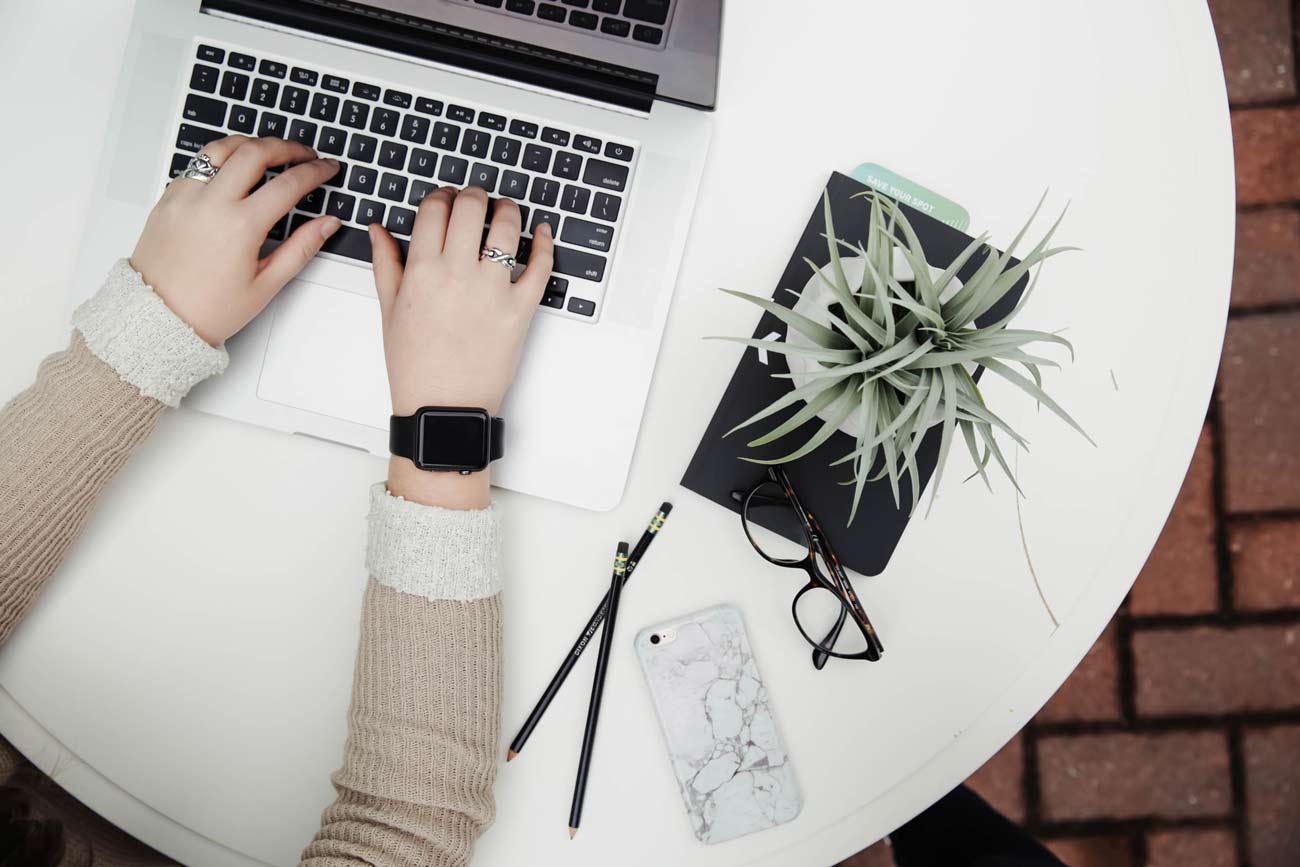
How A Technology Detox Can Improve Your Mental Health
Can a technology detox improve your mental health? Technology plays a big part in modern life, including the way we work, our social lives, and what we get up to in our spare time. Today’s world is so centred around technology that it can be difficult to escape it, but it is important for your mental and physical health to take a break every now and then.
How Much Time Do We Spend Using Technology?
This is a difficult question to answer, as the medium of technology can range from your wristwatch to your smartphone. However, when broken down by medium, it’s clear to see that there are particular technologies that have only come into use the past few decades, and have seriously changed the way we spend our time.
One example of this is the internet. According to a comprehensive study by Ofcom, one in five adults in the UK spend over 40 hours per week online – that’s over 5.5 hours per day, every day.
This isn’t a surprise, seeing that there are many benefits to using the internet, including being able to work more flexibly and keeping in touch with friends and family on a regular basis.
However, the negative impact is just as apparent, with 15% of people agreeing that access to the internet makes them feel like they are always at work, and more than half admitting that connected devices interrupt face-to-face conversations with friends and family.
Additionally, more than two in five people admit to spending too much time online. These statistics correlate with an early study on the impact of internet usage on community life and social relationships, which found that “greater use of the Internet was associated with declines in participants’ communication with family members in the household, declines in the size of their social circle, and increases in their depression and loneliness.”
Smartphones only help to facilitate our internet obsession, and since 78% of British adults now own a smartphone in comparison with 17% in 2008, internet accessibility has dramatically increased. On average, British adults check their smartphone every 12 minutes of the waking day; there is even a phobia to describe the fear of being without cellular phone contact – ‘nomophobia’.
What Are The More Serious Side Effects Of Technology Use?
Addiction
One in three people have an addiction, which may seem alarming, but considering the many things that one can become addicted to, this number seems in fact quite realistic. With the rapid advancement of technology comes a growing number of addictions; one of the most prevalent is the internet.
According to several studies, an internet addiction usually follows four components:
1) excessive use, often associated with a loss of sense of time or a neglect of basic drives;
2) withdrawal, including feelings of anger, tension, and/or depression when the computer is inaccessible’;
3) tolerance, including the need for better computer equipment, more software, or more hours of use, and;
4) negative repercussions, including arguments, lying, poor achievement, social isolation, and fatigue.
China and South Korea identified internet addiction as a serious public health issue back in 2007, introducing preventative measures in schools and even introducing laws which restrict computer game use. However, there is still work to be done in other countries in treating internet addiction as serious an illness as an addiction to drugs or alcohol.
Depression
Low mood can also be caused by direct internet use, including seeing, watching or reading mentally harmful content.
We have previously talked about the negative impact of social media on self-esteem, and how this can contribute to conditions such as depression and anxiety disorders. However, there is also the possibility that a person may use technology more because they are depressed; this is because it may present a form of escapism, or a way to distract one’s mind from thinking negative thoughts.
Dr Rafael Euba, Consultant Psychiatrist at The London Psychiatry Centre, says, “Technology can be a conduit for low mood to those who are already suffering with symptoms of depression and those who are susceptible to depression. As technology plays such a large part in the way that we live our lives, it’s important to take regular breaks, especially when you start to see signs of its impact on your mental health.”
What Is A Technology Detox?
Traditionally, a ‘detox’ involves abstaining from or cleansing the body of toxic or unhealthy substances. Usually, the substances are certain types of food, or alcohol. However, a technology detox has become a popular type of ‘cleanse’ in recent years.
A technology detox involves refraining from using digital mediums such as computers, TVs and smartphones. You might feel compelled to undertake a detox if you have become stressed from your online interactions or content that you may have seen or read, or if there is another stressful event going on in your life which is made worse through the use of the technology.
The Benefits Of A Technology Detox
The immediate benefits of a technology detox include:
- Stress alleviation – you may feel less stressed because you don’t feel compelled to ‘post’ on your social media channels, interact with people or content that you may find provoking or upsetting, or even adhere to the pressure of catching up on current affairs.
- Improved self-esteem – seeing or reading about an aspirational lifestyle that you may not be able to obtain can cause self-esteem issues. A technology detox may help you avoid these issues, and even help you to appreciate what you already have.
- Strengthened relationships – as mentioned earlier, technology usage can have a negative impact on real life interactions. Resigning from technology may make you feel more compelled to meet up with friends or family in person and have more real life interactions.
- Better sleep – using technology before bedtime, in particular technology that emits blue light, can impact on sleep quality. Removing the temptation to look at a screen before bed will likely improve quality of sleep, and even time spent sleeping.
- More productivity – resisting the use of technology can allow you to put more time and energy into other projects.
- Improved attention span – using your phone to browse the internet or use social media is a common habit during other activities, such as working or participating in conversations. If you are detoxing, you can commit your attention to these activities, and find that you’re less distracted as a result.
- Better physical health – if you’re avoiding watching TV, using a computer or looking at your phone, you might have more time to engage in physical activity, such as walking around your neighbourhood or going for a run. What’s more, it’s important to give your eyes a rest from looking at a screen!
If you feel that technology is contributing to a mental health condition, The London Psychiatry Centre can provide world-class care, without the wait. Simply call us now on 020 7580 4224.


